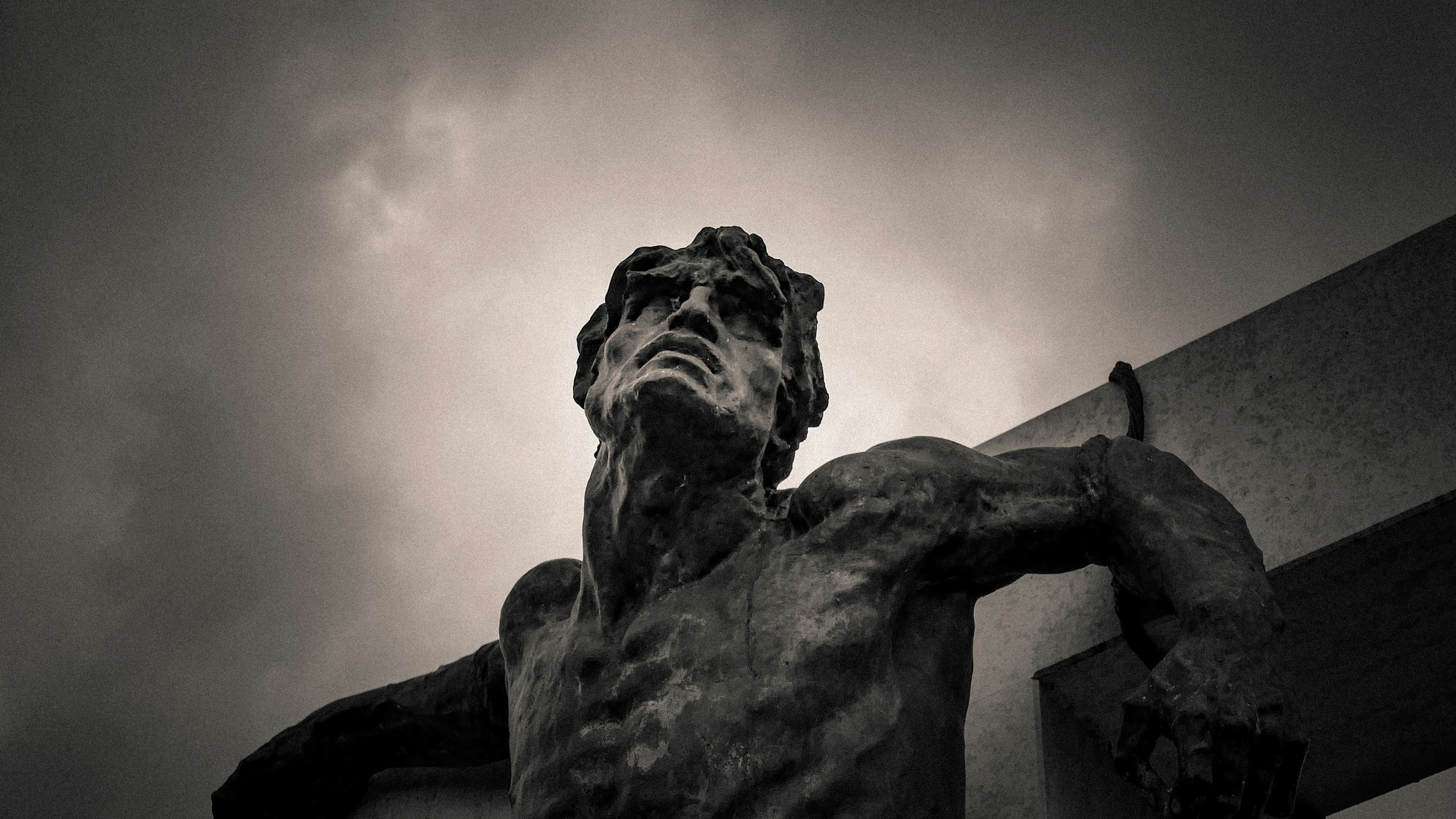
As often as we are compelled by the temptation to sin albeit however minute the sinful temptation may be, the same can be said about the gift of grace. From another perspective, which is more attractive, the inclination to sin or the opportunity to respond to the gift of grace given to us by God? This constant drama that all human beings endure, regardless of whether one believes in God or that sin is a “thing” that someone encounters.
In his second letter to the Corinthians, St. Paul sheds light on the notion of sin and grace where he extols the faithful not to accept the grace of God in vain.[1] Right before this, he urges the brethren to be reconciled with God because it was God who made Jesus to be sin and who knew no sin so that we might become the righteousness of God.[2] The significance of this preparatory narrative is the following proclamation:
We put no obstacle in anyone’s way, so that no fault may be found with our ministry, But as servants of God, we commend ourselves in every way: through great endurance, in afflictions, hardships, calamities, beatings, imprisonments, tumults, labors, watching, hunger; by purity, knowledge, forbearance, kindness, the Holy Spirit, genuine love, truthful speech, and the power of God; with the weapons of righteousness for the right hand and for the left; in honor and dishonor, in ill repute and good repute. We are treated as impostors, and yet are true; as unknown, and yet well known; as dying, and behold we live; as punished, and yet not killed; as sorrowful, yet always rejoicing; as poor, yet making many rich; as having nothing, and yet possessing everything. Our mouth is open to you, Corinthians; our heart is wide. You are not restricted by us, but you are restricted in your own affections. In return—I speak as to children—widen your hearts also.[3]
When I first encountered John (not his real name), he had a very unassuming nature, calm, and always deep in thought but when anyone would approach him, he would welcome the encounter with a piercing smile. It was his smile that struck me because regardless of the person's disposition, John would not waver in offering a constant smile. He would remind me that there is no such thing as a bad day and that even your worst enemy should be loved with the love of Jesus. Though John was calm, he was a ball full of energy never seeming to need any form of rest and always looking to help someone in need.
If there was ever a time, I wanted to test someone’s joy in life, it was John. From a purely worldly perspective, it did not seem possible that someone could elicit constant joy. As I observed him more and more, I became annoyed and “put off” but in reality, I was jealous and desperate to know about his relationship with joy. The Catechism reminds us that joy is intimately bound to the gift of faith meaning the two are interrelated and interconnected. Joy represents one of the human virtues which are:
firm attitudes, a stable disposition, habitual perfections of intellect and will that govern our actions, order our passions, and guide our conduct according to reason and faith. They make possible ease, self-mastery, and joy in leading a morally good life. The virtuous man is he who freely practices the good.[4]
It would be fair to claim that John actively practiced joy which was reflected in his attitude toward anyone who approached him. Whether the person was angry, bitter, or in some instances I witnessed, belittled and humiliated John in public, he never wavered in projecting his genuine smile. John appeared to represent what the Catechism describes that the practice of goodness is accomplished by spontaneous spiritual joy and moral beauty.[5]
When I asked John why he allowed the person to belittle and embarrass him, his response was quite unbelievable; “he wasn’t belittling me, he said, he was simply angry and I happened to be the safest way he could let out his anger without retaliation.” At first, I could not comprehend his response, but all of sudden a surge of reality struck my intellect and will, and came to the realization that John’s joy was rooted in his ability to suffer, not simply personal suffering but in the suffering of others. The act of charity exhibited by John is what the Church would describe as the Way of the Cross. John found joy through the daily suffering of life and it was remarkable to see a human being embrace the daily sufferings of life with such genuine joy.
Again, the Catechism reminds us that:
the way of perfection passes by way of the Cross. There is no holiness without renunciation and spiritual battle. Spiritual progress entails the ascesis and mortification that gradually lead to living in the peace and joy of the Beatitudes.[6]
As we progress through the season of Advent, may our desire to smile elicit a genuine joy to suffer well as we await the coming of our Lord and Savior Jesus Christ.






